According to a World Bank estimate, a staggering 850,000 Ghanaians fell into poverty in 2022 as a result of rising inflation rates.
According to the report, the severe economic crisis that hit the nation in 2022 and was marked by skyrocketing inflation rates had a terrible impact on both food security and poverty.
It also revealed that between January and December, year-over-year inflation soared from 14% to an astounding 54 percent, marking the greatest level since the early 2000s.
According to the World Bank, this jump in inflation was especially noticeable in the rising costs of food, which surpassed those of non-food commodities. The poorest sectors of the population were impacted the hardest as a result, resulting in a sharp decline in the real purchasing power of Ghanaians.
“Simulations were out throughout this time period produced worrying results, indicating that 850,000 Ghanaians would become poor in 2022 due to only the rising prices. These people and families experienced transient drops in income and consumption that became ingrained, which resulted in poverty that remained entrenched and, in some circumstances, even permanent. In terms of food security, the situation deteriorated, according to a World Bank assessment.
Another alarming finding was that there were 823,000 Ghanaians who were food insecure over the same period in 2022, up from 560,000 in the last quarter of 2021. A sizeable percentage of the population found it difficult to acquire enough food to meet their dietary needs as food costs continued to rise, let alone to maintain a healthy and active lifestyle.
In order for Ghana to recover and guarantee its residents a more secure and prosperous future, the research advises the government to implement smart policies and concentrated efforts.














